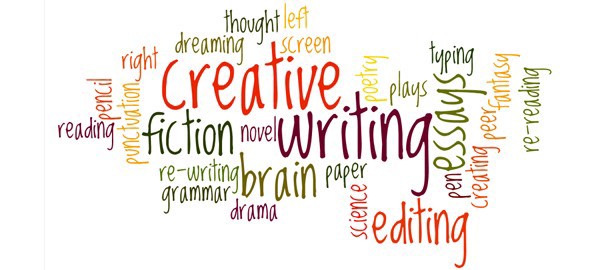What Is Creative Writing?

Post Published On:
Some types of papers are primarily aimed to provide readers with new information. Unlike informative writing, creative writing has another purpose — it expresses feelings, emotions, and any thoughts that create a certain impression. Thus, this type of writing is mostly presented in fiction, however, creative non-fiction, autobiographies, and poetry are also sorts of creative writing.
A distinctive feature of creative writing is the use of vivid images and a poetic way of delivering ideas. This type of writing is harder than many others yet rewarding — you will feel satisfaction from writing a really good creative text. Creative writing allows you to be free in expressing yourself, being able to share personal feelings and worldview.
Get Started
Some people think that since they have read a lot of books, they will easily write their own novel or a short story. The thing is that it’s hard to understand how many difficult moments you will need to overcome before you actually start writing. As Nigel Watts says in his Teach Yourself Writing a Novel, if you have sat on many chairs, it doesn’t mean that you can make your own chair. Even though creative writing gives you a sort of freedom, allowing you to express your emotions and thoughts in an artistic way, it still has certain requirements and restrictions. If you want to write a novel, you must understand how to construct it properly.
We don’t mean that you must hesitate — if you want it, just do it. The only thing we want you to be ready for is that your first results may be far from your expectations. To simplify your journey to being a writer, start small. We suggest beginning with short stories or poems. These forms are not less creative than epic sagas or fantasy series, but you at least won’t be overwhelmed by thousands of pages to edit.
Tips for Beginners
- Do short exercises to get more energy. If you’re staring at a blank sheet for hours, it means that you lack fresh ideas. You don’t need to just sit still, waiting for a new brilliant metaphor to come. Many writers agree that watering your flowers, working out, or even doing dishes is a lot more attractive kind of activity when you don’t know what to write about. You need to get through your doubts and just keep writing, without thinking of whether it’s really good or not. You will have time to assess the quality of your work later.
- Take your laptop everywhere you go. There are a lot of interesting things happening around you. Perhaps, you’ve heard some great dialogues when you’ve been waiting in line for a coffee. Jot down everything unique that happens to you. Sometimes the most beautiful phrases come to mind when we feel an unusual smell or see unexpected things.
- Find the time when you’re most creative. Some writers start working right after they got out of bed before anything distracts them. Others prefer writing at night when everyone in the house sleeps. You should listen to the rhythms of your body and brain, and don’t be afraid to try different schedules.
- Don’t be afraid to make it wrong. There is no writer on the planet who would create a brilliant piece without editing several drafts. Creative writing is work, and you need to work on many details before your novel or short story will become perfect. Once you’ve finished your first draft, take a little break and let it rest for a couple days. After this, take a fresh look at it, and start editing. If you feel that something is wrong but can’t understand what exactly to change, ask another writer to help you with editing, or hire a professional editor.
- Have fun! It’s really important what you think about this kind of work. Some writers consider creative writing as a difficult and boring task that they “must” overcome. Others don’t take it seriously, procrastinating more than actually working on their texts. If you don’t feel excited about your plot, if everything you wrote brings you to tears and you think that even a child would be a better writer — just take a break and start working on something else. Start a new project, write a little poem, or whatever will help you get a new, fresh perspective.